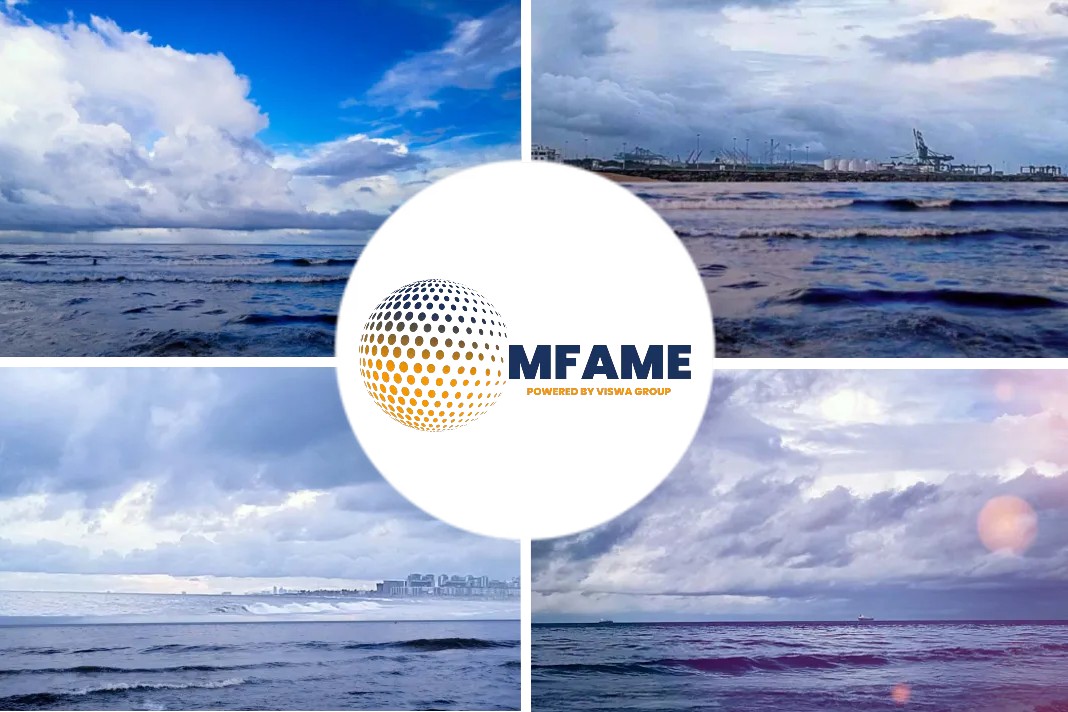- To comply with the Sulphur regulation, scrubbers are turning out to be a favourite for the ship-owners due to cost and convenience.
- More than 10 countries, including major ones like China, Singapore, Abu Dhabi, California, Germany and more, banning the open-loop scrubbers.
- The benefit of using the scrubbers is that ships with scrubbers can continue to run on the cheaper bunker fuel.
- A whole new fuel-system has to be installed and replacing to compliant fuel is an expensive process.
- Scrubber is not only a cost-effective solution but they also effectively remove the particulate matter and black carbon.
- adverse effect of the scrubbers that is the discharge of wastewater in the sea through open-loop scrubbers.
- The hybrid-scrubbers switch into close-loop mode allowing the ship-owners to carry on with the installation of scrubbers in the vessels using cheaper bunker fuel.
With Sulphur Cap coming into force in 2020, pressure is mounting on ship-owners to find ways to comply with the new regulations established by IMO, says an article published in SeaNews.
Scrubbers the favourite option to comply
Out of the available limited feasible options to limit the emission of Sulphur, scrubbers are turning out to be a favourite for the ship-owners due to cost and convenience.
This growing popularity was clearly visible at the 12th annual MARE Forum held in November 2018 at Houston. The delegates from maritime and shipping industry were witnessed weighing upon the usage of scrubbers as a potential option in meeting the tightening environmental issues.
With an economically viable option like scrubbers, the approaching ‘regulations’ now can be taken as an opportunity to modify the maritime and shipping industry till low-cost compatible fuels are available.
Major countries ban open-loop scrubbers
However, with more than 10 countries, including major ones like China, Singapore, Abu Dhabi, California, Germany and more, banning the open-loop scrubbers.
It looks like not everything is as it seems.
Rising scrubber installations
Although, a rise in the installation of the scrubbers was seen in the year 2018 and a similar forecast is predicted by S&P Global Platts Analytics and 2018-2024 Global Marine Scrubber System Market Report, whether to scrub or not is still a lingering question.
The main benefit of using the scrubbers is that ships with scrubbers can continue to run on the cheaper bunker fuel.
Replacing compliant fuel an expensive process
Replacing the current bunker fuel is an expensive process as not only the fuels are costlier but a whole new fuel-system has to be installed to make the ships sail efficiently using the low-sulphur fuels.
Fitting scrubbers would help the ship-owners in reducing the cost involved in switching to expensive low-sulphur fuels like LNG or Hydrogen Fuel.
Scrubbers cost effective and environment friendly
In addition to being the cost-effective solution to tackle the sulphur content capping, many independent pieces of research have suggested that scrubbers are also effective in removing the particulate matter and black carbon.
This benefit is believed to encourage the ship-owners, who trade via the Arctic region where black-carbon emission poses a great environmental threat, to install scrubbers.
Scrubbers under scrutiny
The adverse effect of the scrubbers that is the discharge of wastewater in the sea through open-loop scrubbers has not gone unnoticed.
Thorough scrutiny has been carried out regarding the environmental impact of the open-loop scrubbers; nevertheless, the majority of the ship-owners are still interested to work the way out with scrubbers.
Introduction of hybrid-scrubbers
Hybrid-scrubbers are the newest introduction and are believed to tackle the issue of open-loop scrubbers to a great extent.
The hybrid-scrubbers are designed to switch into close-loop mode allowing the ship-owners to carry on with the installation of scrubbers in the vessels without switching to the compliant fuels.
This hybrid breed can be and is being utilized by the ship-owners at the places where wastewater discharge is banned.
Installation of scrubbers to rise next year
Moreover, with Maersk shifting its stand from being a non-participant to the installation of scrubber technology to changing its course and adopting the scrubber technology, there remains no doubt that installation of scrubber technology is about to get accelerated to the next year.
This acceleration is also visible from the reports Issued by S&P Global Platts stating the number of scrubbers installed and ordered by the end of November 2018 to be 1,948 units.
The report also suggested hastening of the installation of scrubbers by 2020 and reach up to approximately 2,278. Similar growing trend was showcased by 2018-2024 Global Marine Scrubber Systems Market Report.
Did you subscribe to our daily newsletter?
It’s Free! Click here to Subscribe!
Source: Seanews






















